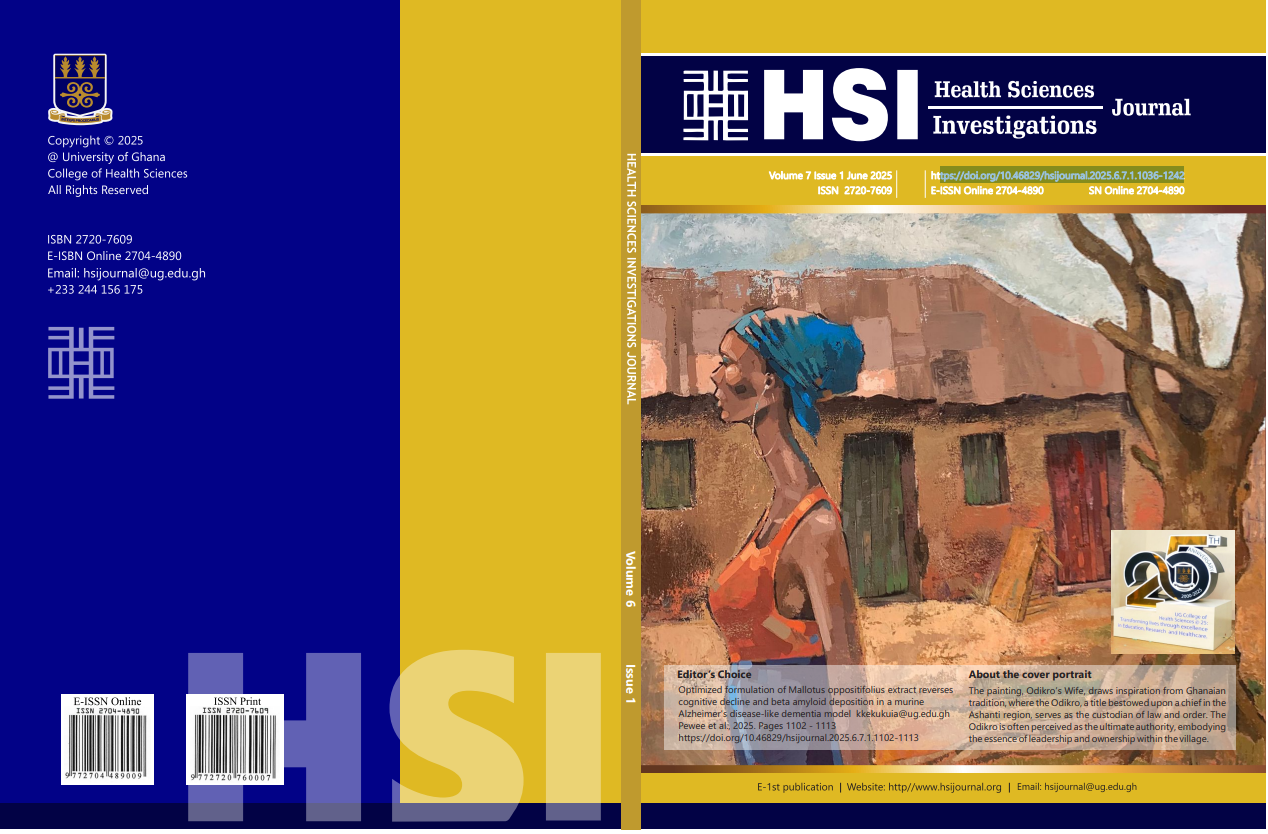Integrating mental health and socioeconomic strategies during the post-COVID-19 era: Lessons for future pandemics
Integrating mental health and socioeconomic strategies during the post-COVID-19 era
Abstract
The COVID-19 pandemic had profound and unprecedented effects on global health, with an intricate interplay between socioeconomic factors and mental health outcomes. The pandemic exacerbated existing mental health conditions and introduced new stressors, including economic instability, job loss, and social isolation, disproportionately affecting vulnerable populations. Effective interventions that integrate mental health considerations into socioeconomic policies are crucial for coping with future pandemics. This paper employs a dual approach, combining a literature review and a case study, to apply Tayyib’s five strategic points for community mental health action and delineate strategies for mitigating these impacts. A conceptual model frames socioeconomic disparities as critical leverage points for improving mental health outcomes. Key findings emphasise the importance of integrated strategies that address economic and psychological well-being,
particularly for vulnerable populations. Recommendations include expanding social support networks, enhancing community engagement, and integrating economic support with mental health services to foster inclusive and resilient communities in the post-pandemic era.


